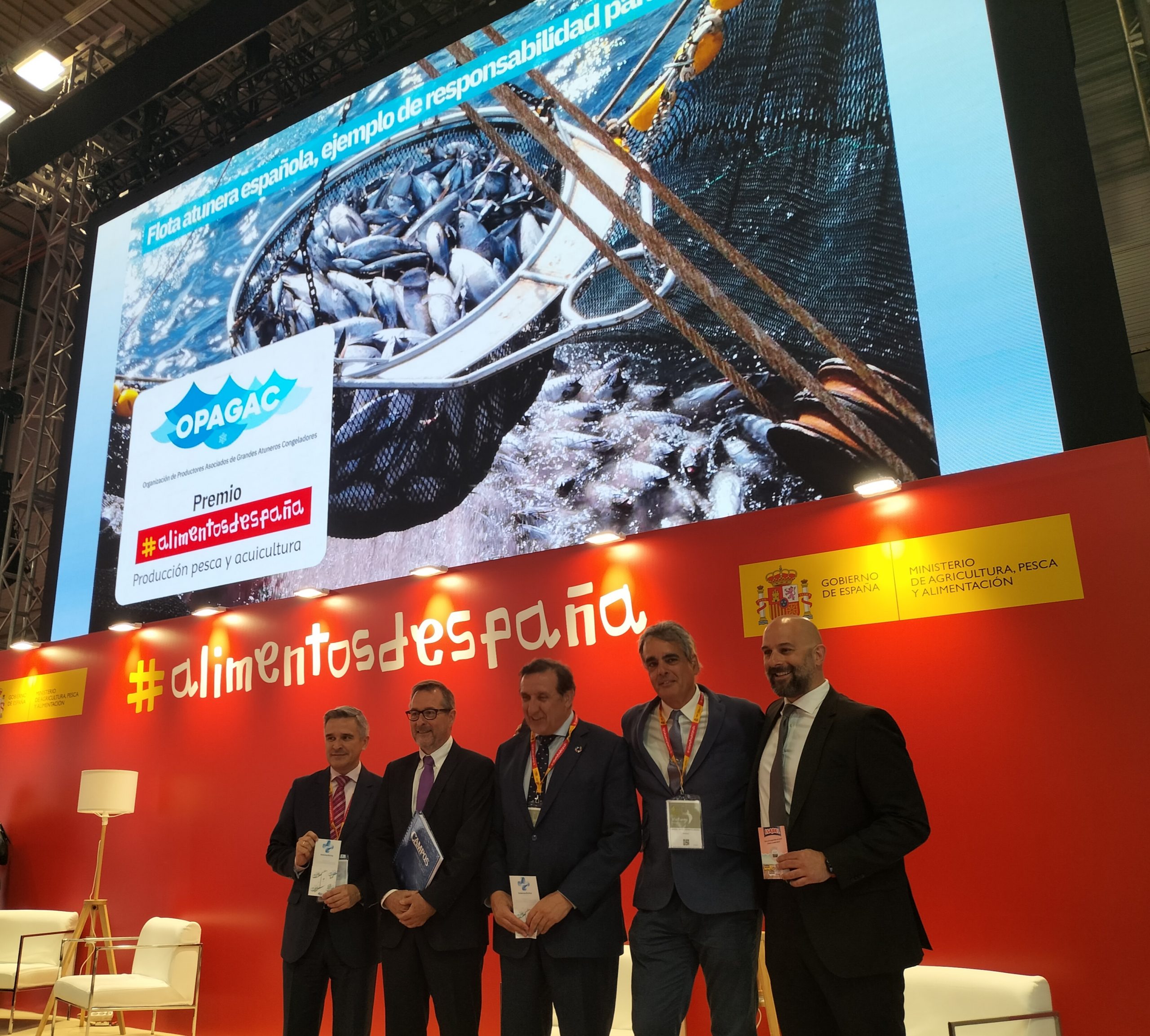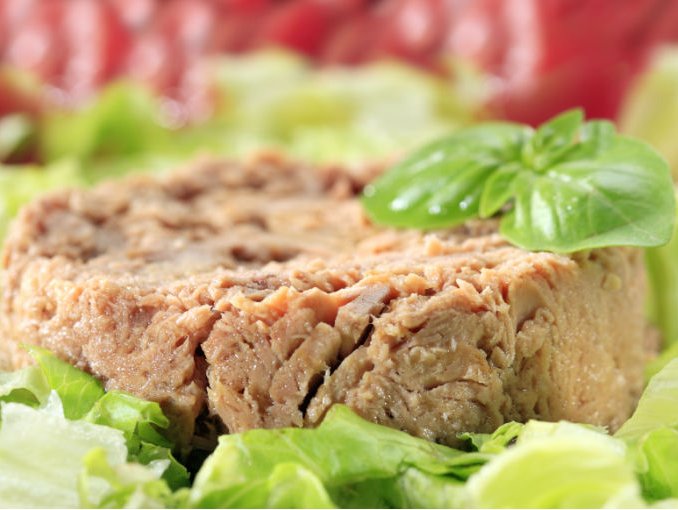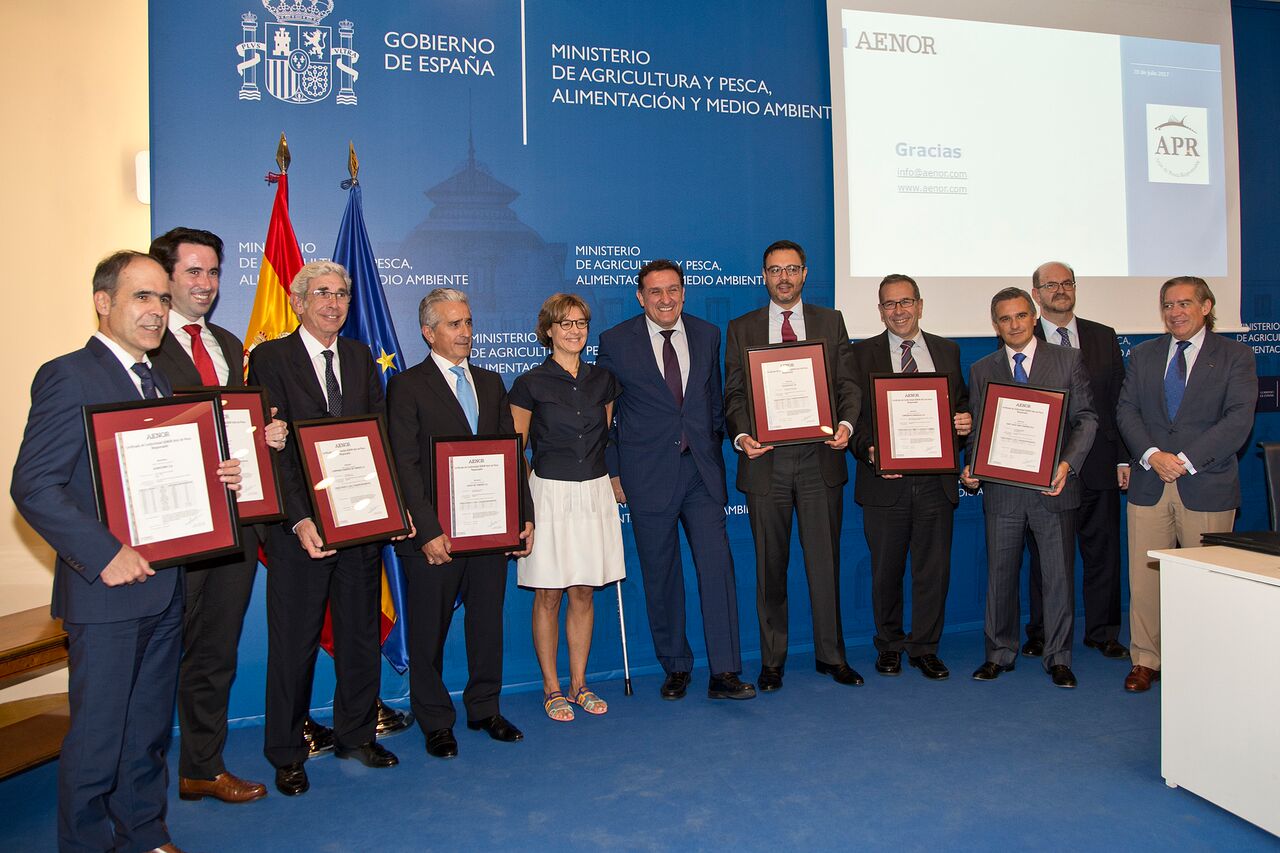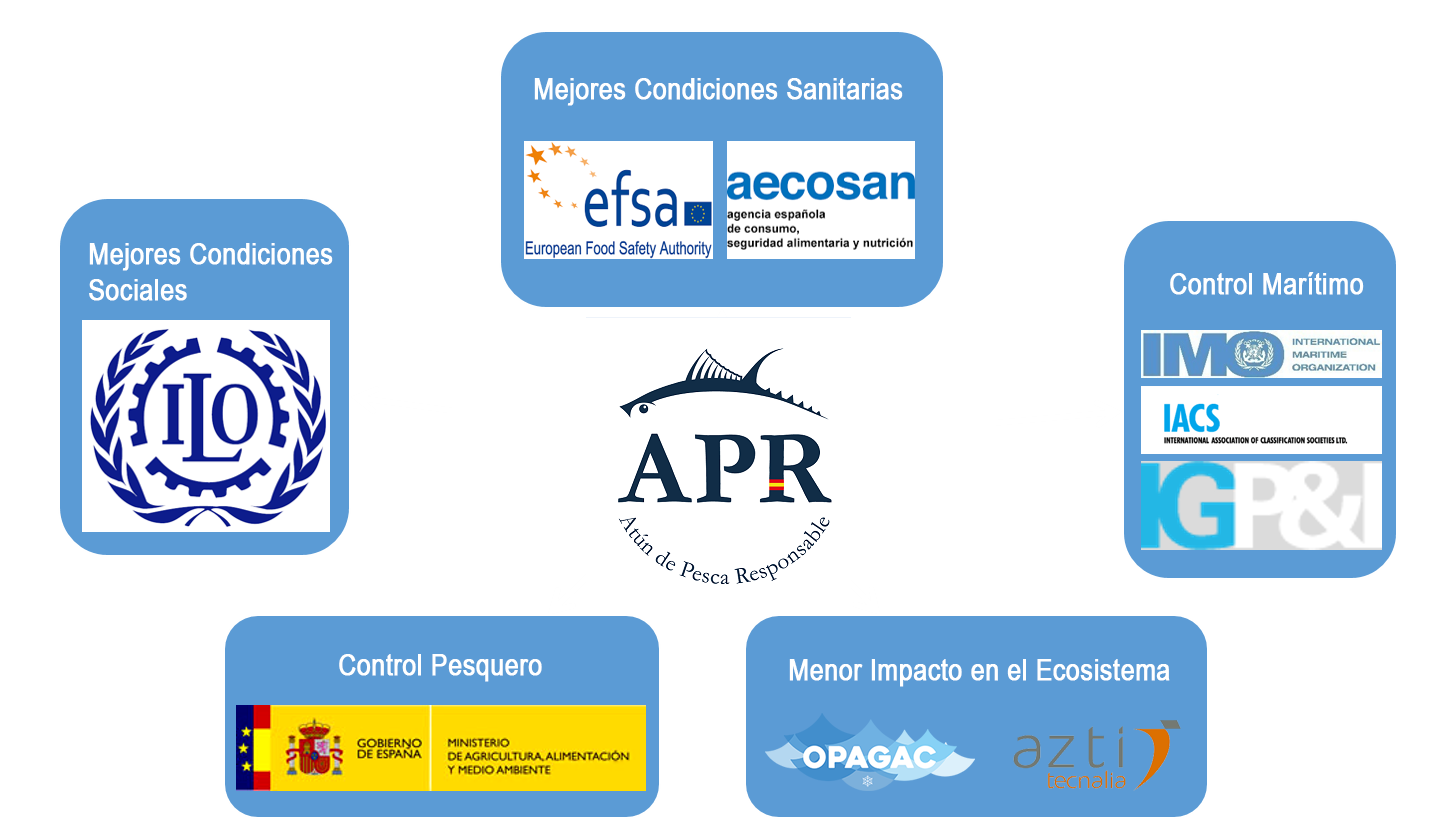
Tuna vessels and the canning industry urge distributors and consumers to defend the rights of fish product workers
The Spanish tuna sector and the canning industry have invited end consumers and large Spanish distribution chains to close the circle of workers’ rights of the people who produce fish products, increasing the acquisition of socially certified food. Both parties have stated that only with this attitude will it be possible to eradicate illegal, unreported and unregulated fishing, which does not just ignore biological sustainability, but does not respect the minimum rights of its workers either.
Tropical tuna fishermen, represented by OPAGAC, and the canning industry, by the brands Isabel and Campos, have made this call during their first participation in the Salón Gourmets 2022 (25-28 April) from the “Food of Spain” space of the Ministry for Agriculture, Fishing and Food in this gastronomic forum.
Both parties have claimed that ending illegal fishing is a real and possible objective, as shown by AENOR Responsible Tuna Fishing (APR) certification [1], the first in the world to guarantee not only the rights of fishermen and the workers who process tropical tunas, but also their better health and working conditions on board.
The fleet and canning industry, which this year will make available 40 million tropical tuna-based products and tins with this certificate to consumers in our country, urge the food distribution chains to include the social factor in their purchasing policies as the only way to be able to offer their clients the option to consume sustainable tuna regarding both fishing resources and the workers that catch and process them into food.
Both parties believe that only by building this common front of producers, sellers and consumers will it manage to get the European Union to demand the same level of compliance of social and labour matters in the fleets of all the countries with which it has trade agreements, and thus avoid the import of raw materials coming from fisheries that do not respect basic social and labour rights.
Likewise, they have taken advantage of the event to publicly present their latest initiative within this objective: the first telemedicine project on board a fishing fleet. With this, the fleet will offer its crew members an intelligent and connected service to ensure correct medical care in the event of any health-related incident on board. The project comprises three stages (analysis of the case with the collaboration of the Polytechnic University of Madrid, provision of equipment for the vessels and collection of data and results) and will be done under real working conditions on ten vessels of the Spanish tuna fleet, with more than 400 crew members, operating in the Pacific, Atlantic and Indian oceans. This project is financed by the Recovery, Transformation and Resilience Plan [2].
According to Julio Morón, Managing Director of OPAGAC, “the time has come for the EU to deal with the humanitarian problem in fishing, so it is fundamental that large distribution chains also opt to include these values in their supply chain. Currently,” added Morón, “65 tuna vessels in our fleet are APR certified and catch around 400,000 t of tropical tunas, slightly less than 10% of the catch worldwide. Therefore,” Morón ends by saying, “there is still a lot to do so the rest of the fleet worldwide gives social sustainability guarantees to distributors and consumers.”
Isabel and Campos, pioneer brands
In 2022, the APR certificate will continue expanding throughout large Spanish department stores thanks to the brands Isabel and Campos, which will increase the marketing of its products with this certificate by more than 15% on average. Specifically, Isabel, which sold 30 million cans in 2021, will increase its offer to 31.5 million this year regarding cans as well as other tuna-based products. Campos, for its part, will increase its offer by 26%, going from 4.9 million cans in 2021 to 6.1 million this year.
As pointed out by Óscar Vicente, General Manager of Bolton Food España (Isabel), “it is necessary to continue highlighting the importance of the difference that purchasing products with the APR certificate in the supermarket represents because it is not the same to look after people than not to look after them. Consumers know this and demand it,” he added, “and that is why we are totally committed: Isabel was not just the first brand in the world to be certified, but it was also the first to offer 100% of its tuna under the APR certificate in Spain.”
For its part, according to Javier Arbaiza, General Manager of Salica (Campos), “we realise that of the total number of cans sold in the market, the APR offer represents a very small part and much more powerful promotion and awareness is needed, as well as a clear commitment by large distribution chains to this type of product. As far as we are concerned,” adds Arbaiza, “we have just celebrated our 100-year anniversary and we are going to continue working to achieve real, attainable and measurable sustainability objectives.”
[1] The Spanish tuna fleet was pioneer in 2016 in promoting certification of the social side of the sustainability of its activity, as well as of the environment, through the Responsible Tuna Fishing (APR) AENOR certificate, recognised with the “Food of Spain 2020” Award of the Ministry of Agriculture, Fishing and Food (MAPA).
[2] This project has been approved by the Ministry of Agriculture, Fishing and Food within the call for Fishing Innovation 2021 of the Recovery and Resilience Plan of the Spanish Government, regulated by Royal Decree 685/2921 and financed by Next Generation EU funds.




Deja una respuesta
Lo siento, debes estar conectado para publicar un comentario.